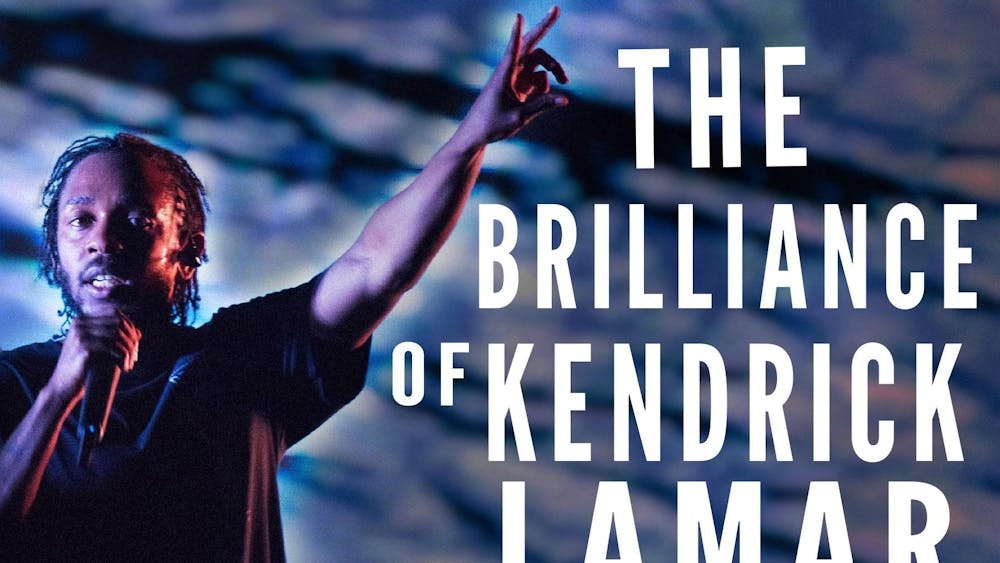
Season two of Netflix’s “Narcos” picks up where season one left off, with Pablo Escobar on the run from the Colombian government. The new season covers around 15 months of Escobar’s life, from 1992 to 1993 — a shorter time scale than the almost 15 years covered in season one. As a result, season two has a more cohesive narrative than that of the previous season, packing more action and plot development into each episode and creating an exhilarating viewer experience. The moral trajectory of the series’ protagonists, Drug Enforcement Administration (DEA) agents Steve Murphy and Javier Pena, becomes increasingly blurry, and as the series progresses the objective of capturing Escobar eclipses the true objective of stopping the drug cartels. This prioritization results in some unlikely alliances and questionable tactics employed by both the DEA and the Colombian National Police — all of this adding to the show’s theme of moral ambiguity.
Historically, Pablo Escobar was responsible for countless atrocities in service of preserving his drug empire, including the bombing of planes, commercial centers and government buildings. The depiction of these lurid acts is spot on in “Narcos” with gruesome realism, as every one of Escobar’s horrible acts is more damaging to the people of Colombia than the last. While season one of “Narcos” did a good job of humanizing Escobar and painting him as a family man with questionable morals at best, season two pulls no punches in depicting his true nature as a mass murderer and narcissist. Any sympathy one may have had for Escobar’s character at the beginning of season two is lost by the fourth or fifth car bombing or terrorist act that he has his “sicarios,” or hitmen, commit. Brazilian actor Wagner Moura's portrayal of Escobar is captivating and charismatic, even if his Spanish accent could use some work. Escobar's love for his family is believable, and his efforts to protect them are admirable in a somewhat perverse way considering the number of families the man has had a hand in destroying throughout the series.
A lot of major character development among the protagonists of “Narcos” is present in season two as the efforts of the Colombian government and the DEA become desperate. Early on in the season, the return of a character from season one indicates a shift in the priorities for Colombian president Cesar Gaviria. This character (whom I will avoid naming), employs methods of extracting information from Escobar’s subordinates that begin to show the moral decay corrupting Escobar's hunters. The DEA’s role in the hunt of Escobar escalates as more American operatives are brought in to work with the Colombian government, introducing an element of bureaucracy to Murphy and Pena’s efforts.
As a result of the slow reactions to intel brought on by the introduction of bureaucracy, Pena forms an alliance with some unsavory characters, including the wife of Kiko, a head sicario killed by Escobar in season one. This series of events leads to some tense moments at certain points in the plot, as well as a blurring of the lines between good guys and bad guys, a theme that “Narcos” as a series emphasizes.
Overall, season two of “Narcos” is a worthwhile watch in many respects. Great acting, solid pacing and compelling themes weave into a historical fiction that approaches magical realism. For any fan of the show or of narco-drama in general, “Narcos” season two does not disappoint.













